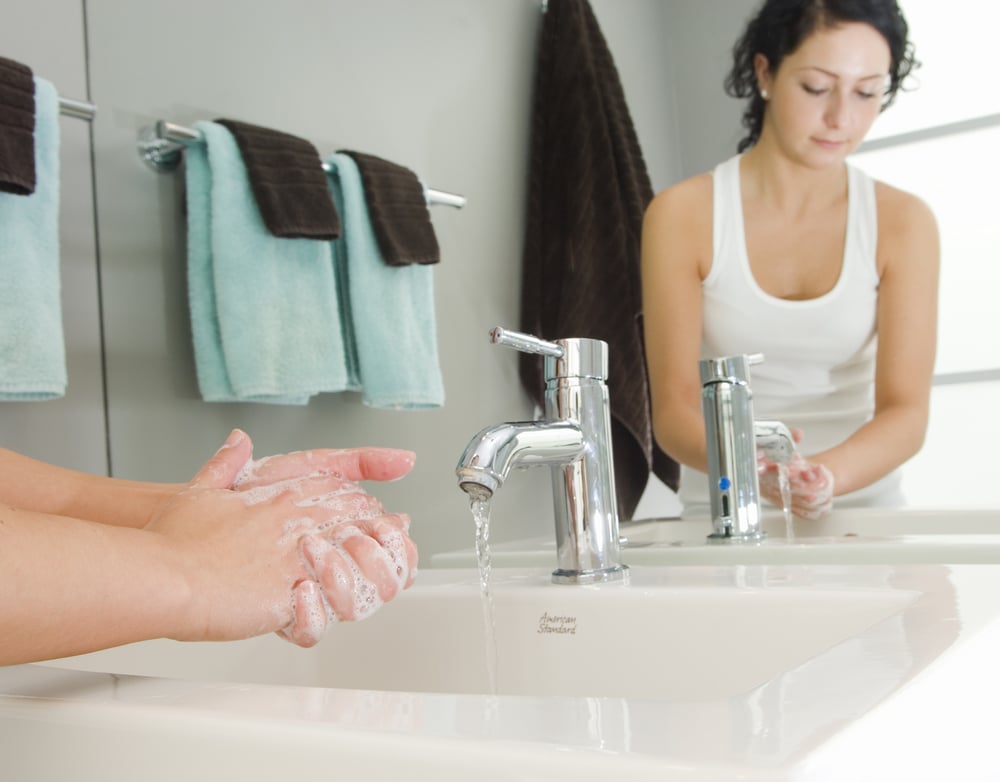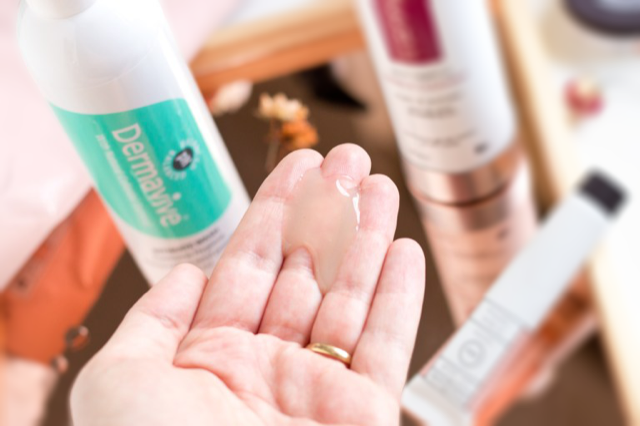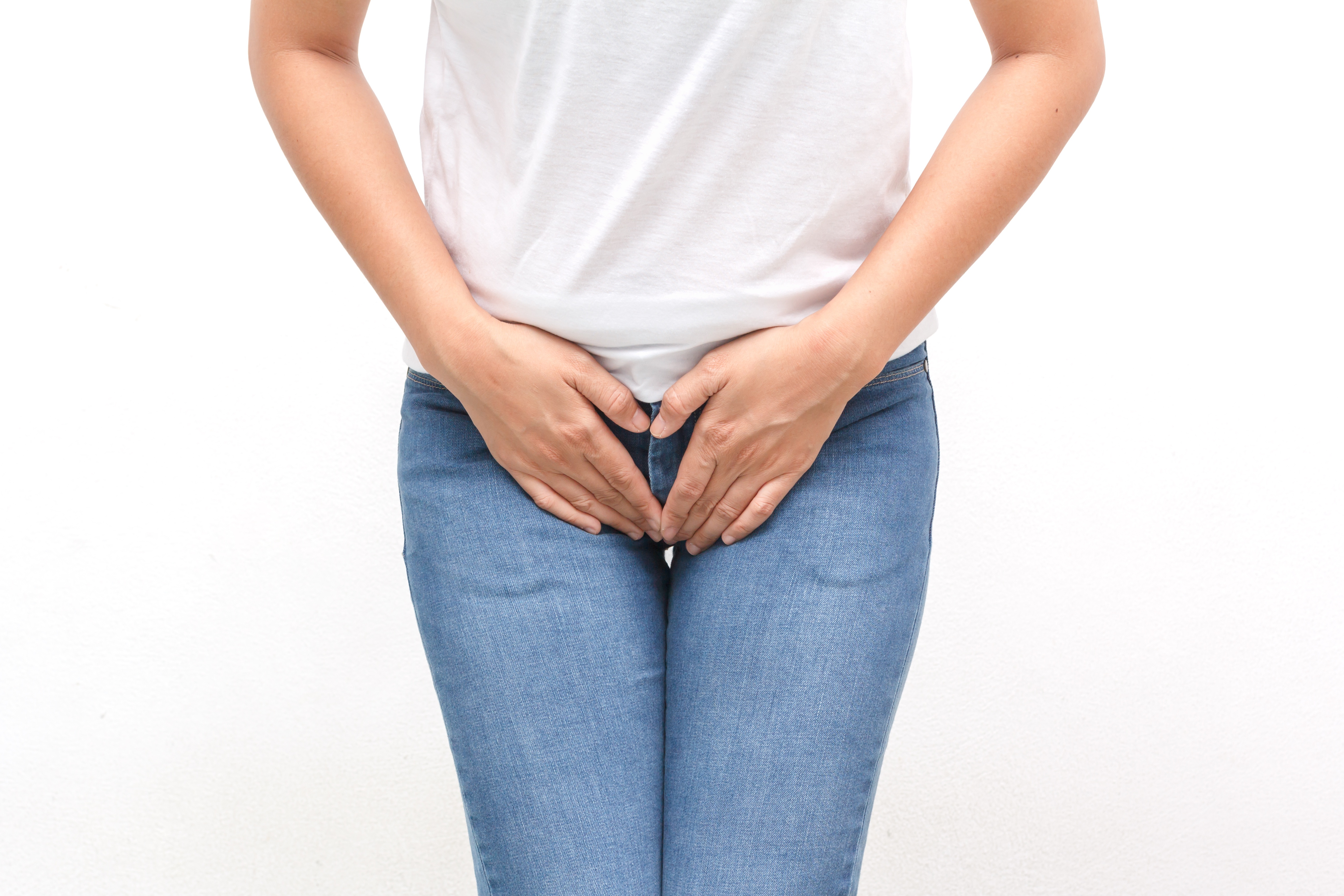In the coming years, the use of feminine hygiene products is expected to increase by 50%. This is largely due to the abundant research encouraging women to take a tailored approach to feminine hygiene and health.
Considering the vulva and vagina are vital for reproductive health and menstruation, combined with their susceptibility to irritation, it makes sense to provide this area of the body with adequate hygiene and product care.
Maintaining feminine hygiene is important to every woman. But do you know how to care for your intimate areas properly? If you have sensitivities to soaps, experience odours or itching, there are some simple ways to ensure optimal vaginal health.
Do:
- Wash Daily
We all feel better when we wash the day away, and for vaginal health it’s important to wash our intimate areas regularly. While the vagina is self-cleansing and a healthy discharge is normal, it’s important to wash post-exercise and post-intercourse to remove any harmful bacteria which may threaten to overthrow a healthy balance.
It's also important to only cleanse the outer region (vulva) to reduce further disturbance to the balance of good bacteria.
- Use a tailored pH balanced product
The health of the vagina relies on the perfect balance of pH and bacteria. If the pH balance of the vagina (4.5) and good bacteria is disturbed, this can lead to infection and inflammation otherwise known as thrush. pH balanced products will cleanse without disrupting the pH levels unlike soaps which can throw this balance off and cause ongoing symptoms and discomfort as well as stinging and sensitivity.
- Prioritise menstrual hygiene
Practicing good menstrual hygiene encourages cleanliness and minimises menstrual odour. Using sanitary items which are non-irritating and chemical-free are not only more beneficial for the environment they are less harsh on intimate areas. Practicing effective menstrual hygiene has shown to lower the risk of reproductive and urinary tract infections.
Don’t:
- Use wipes and soaps
Wipes and soaps are known to contain astringent ingredients which remove moisture from the skin. This can lead to vaginal dryness and in some cases vaginal dermatitis. Symptoms include itching, dryness, swelling and redness. These products disrupt the pH of the vagina and can cause ongoing problems with continued use.
- Use perfumed products
Masking an odour is simply a quick fix to a potentially serious problem. Perfumed products for your nether regions won’t treat the cause of the odour which must be addressed directly. In addition, they may cause irritation and stinging when applied directly to the skin leading to itching, redness, swelling and a rash.
- Over wash
Over washing and vigorous cleansing techniques can disturb the balance of bacteria called lactobacilli. This bacteria keeps the vagina’s pH at a low level which protects it against the growth of harmful organisms.
If pH levels become acidic, infections such as bacterial vaginitis and thrush can occur as lactobacilli levels fall and other bacteria multiplies.
Dermavive Intimate Wash is designed to gently clean the genitals with a soap-free, pH balanced formula. It is formulated with natural cleansing, anti-inflammatory, and soothing ingredients which provide optimal hydration for those suffering from vaginal dryness as well as natural odour diffusing ingredients.
Dermavive Intimate Wash is a soap-free, pH balanced cleanser designed specifically for sensitive and delicate areas. With a sting-free formula, Dermavive Intimate Wash balances bacteria and encourages cleanliness without drying or causing sensitivities.
Ready to relieve symptoms and encourage optimal vaginal health? Purchase your Dermavive Intimate Wash here.



